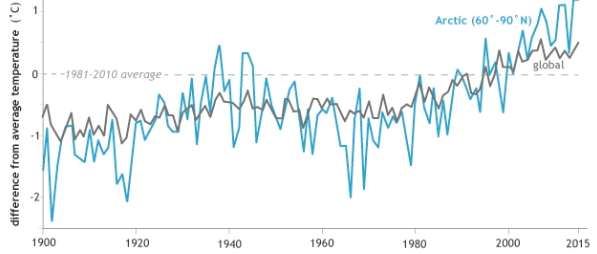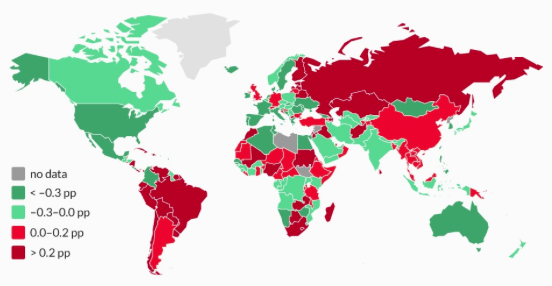The World Economic Forum 2016 has now officially closed its doors after 2,400 business leaders, 40 heads of state and 14 Nobel Laureates gathered to establish the measures necessary to improve the state of the world. Several Global Challenges were identified as the framework for discussion throughout the four-day event, which included mitigating climate change, restoring confidence in our global financial system, securing our global food supply and strengthening global health. This gathering of the world’s political and corporate elite in Switzerland reaffirms the significance of these challenges and reminds us that their solution depends on investment from both the public and private sectors.
Agriculture, Food Security and Why it Matters
Topping the list of issues at the World Economic Forum 2016 and arguably one of the most significant issues affecting global health today is agricultural and food security. By 2050, the world must feed 9 billion people and the demand for food will be 60% greater than it is today. Some 795 million people around the world do not have enough food to lead a healthy and active life today, which equates to one out of every nine people on the planet. This is unacceptable, especially considering that there is enough food in the world today for everyone to have the nourishment necessary for a healthy and productive life.
The United Nations has set eradicating hunger, achieving food security improving global nutrition and developing sustainable agriculture as the second of its 17 Sustainable Development Goals to be achieved by 2030. Agriculture sectors must become more productive by adopting efficient business models and investing in high levels of infrastructure in developing countries around the world. There is also a great need for these practices to become more sustainable by removing the dangerous practices inherent in modem agriculture and replacing them with environmentally friendly and productive alternative strategies. These strategies include the abolishment of dangerous (synthetic) pesticide and fertilizer use and proper care of the soil for yield development. What is at risk if we fail? Malnutrition, hunger and possibly even conflict.
Environment and Resource Security
The world’s average land temperature has risen by 1C in the last 50 years alone as a result of human activity. Greenhouse gases have increased by nearly 80% since 1970 and atmospheric levels of these gases are at their highest level for nearly 800,000 years. The Intergovernmental Panel on Climate Change has warned policy makers and corporations that the only way to mitigate the drastic impacts of climate change is to limit warming to below 2C above pre-industrial levels. A historic agreement was reached at the UN COP21 2015 talks in Paris to limit temperature rise to 1.5C. According to the agreement, every country will implement its own climate action that will be reviewed every five years.
The Arctic is Warming Faster than the Global Average
Source: NOAA Climate (2016)
Ecological restoration, land-management projects and sustainable agriculture offer potential tools for the mitigation of some of the effects of global climate change. One of the practical ways to combat this pressing issue is to plant trees in order to take more carbon out of the atmosphere. If trees are harvested carefully at the appropriate stage in its growth cycle they act as an effective net ‘sink’ of carbon. This will play a significant role in helping the species and communities affected by climate change adapt to new conditions.
Employment, Skills and Social Inclusion
The International Labour Organization estimates that more than 61 million jobs have been lost since the Global Financial Crisis in 2008, leaving nearly 200 million people out of work around the world. Nearly 500 million jobs will need to be created by 2020 to meet the new and rising demand.
Global Unemployment Will Surpass 200 Million in 2017
Change in Global Unemployment Rate from 2015-2017 (%)
Source: Statista (2016)
There is a great need for hundreds of millions of job worldwide, especially in developing markets. Investing in projects across these regions has the potential to transform these economies by developing infrastructure and boosting job creation in the areas where it is needed most.
Whether ensuring a secure food supply, mitigating climate change or creating jobs, there is a great need for international investment towards solving these challenges. The World Economic Forum also placed significance in rebuilding trust in the financial system, boosting international trade and development and securing economic growth and social inclusion.
Please be sure to read our next newsletter, which will delve further into these important issues.

